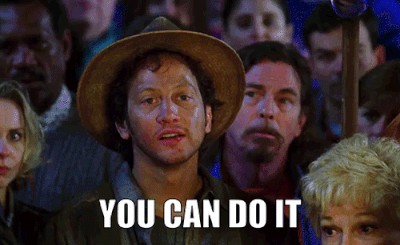
When you do the thing, you learn the thing.
Observe the thing. Do the thing. Become awesome at the thing. Teach others how to do the thing.
In any given situation, whether it is school, work, sports, and so on, learning is always taking place. Most instances, we start off as bystanders and wall flowers, watching others actions in the given situation. Once there is a nice level of comfort we gradually immerse ourselves in completing tasks, most likely asking many questions along the way. Sooner or later, we gain the confidence needed to be independent in the task, however, we are never done learning. New conflicts and situations arise, or new people become involved. Anything can change what you thought you knew. Also, as a full participant to the community, there are now other people who need the knowledge you have obtained, and so they begin to observe what you are doing.
I think that Legitimate Peripheral Participation can pretty much be summed up in this sentence, “. . . learning is an integral and inseparable aspect of social practice” (31). We are always learning. Much of our group discussions have revolved around work related experiences of learning. One experience I have had is when I started working at Old Navy. They sat us down for an 8 hour orientation with packets of information to read and follow along with videos. It was the most pointless 8 hours of my life . . . thank god I got paid for that. I can honestly say that none of that information helped me when I worked my first day. There is no better way to learn something than to dive right into it. Just the same as if I went to Mexico without knowing any Spanish, I would learn it a lot faster by being there than if I was in a classroom.
When you do the thing, you learn the thing.
One Reply to “When you do the thing, you learn the thing.”
I would agree with your idea of diving in to receive necessary work experience. When I trained for fighting wildfires we were run through a week-long course for 8 hours a day. While the class helped me to gain the terminology of fire crews and possible wild land firefighting no-nos, I was in no way prepared for the tasks that came at me on the job. The good thing was that the crew bosses understood this and helped all of the newcomers in getting accustomed to what jobs were expected of us on the fire line. Without the on-the-job training I felt like a complete civilian in a group of master firefighters. By being thrown into an “apprenticeship” I was able to pick up my job skills through direct practice with professionals being in front and behind me to help out when I had questions or call me out when I screwed up. I can say confidently that the direct immersion helped to plunge me into the job at hand and give me the skill set needed to persevere throughout the rest of fire season. I imagine this immersion is the same for languages as you stated.